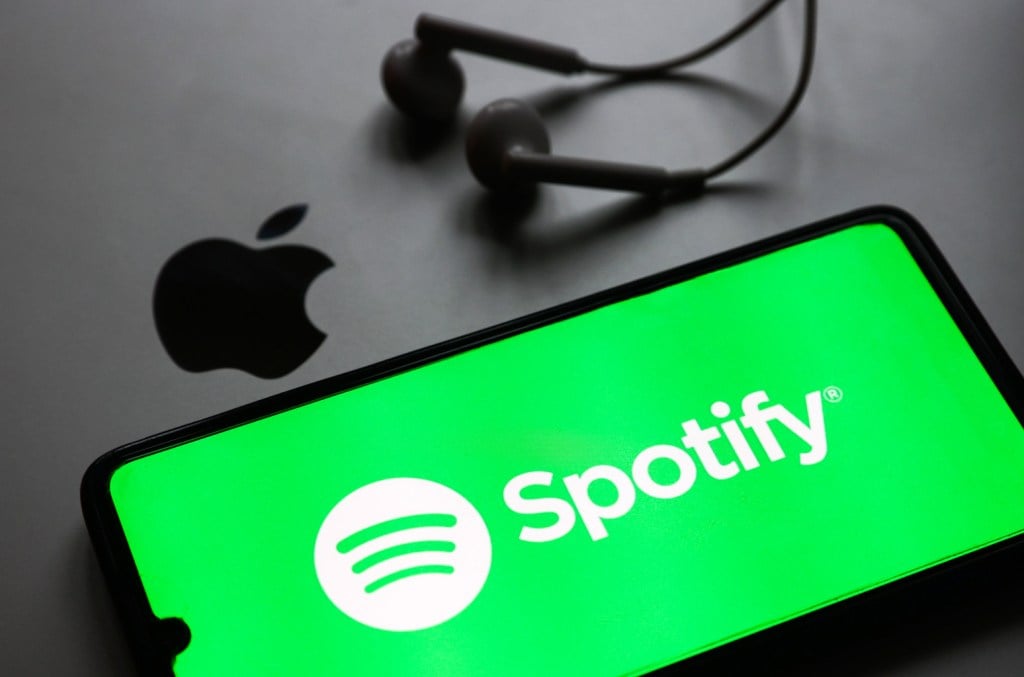When Bloomberg reported that Spotify would be upping the cost of its premium subscription from $9.99 to $10.99, and including 15 hours of audiobooks per month in the U.S., the change sounded like a win for songwriters and publishers. Higher subscription prices typically equate to a bump in U.S. mechanical royalties — but not this time.
By adding audiobooks into Spotify’s premium tier, the streaming service now claims it qualifies to pay a discounted “bundle” rate to songwriters for premium streams, given Spotify now has to pay licensing for both books and music from the same price tag — which will only be a dollar higher than when music was the only premium offering. Additionally, Spotify will reclassify its duo and family subscription plans as bundles as well.



I said multiple times “lots of folks do music for fun.” You said “you’re undervaluing their labor.” That’s why everyone thinks you think money is the point.
You also seem to not understand market saturation. If a fair value for a recording is $20 (just pretend for a minute), consumers are happy to pay $20, and artists sell for $20, why aren’t musicians getting rich? It’s because there are more musicians producing an incredible volume of work than the consumers can completely support. Nowhere in that statement is an attack on the value of that labor just an acknowledgment that there’s too much to consume.
In addition, you seem to fail to understand the difference between value to the artist and value to the consumer. Physical and digital radio provide incredible value to the consumer. They don’t really provide value to the artist unless you have an incredible amount of fame. A very good question to ask is “how do we create a solution that’s good for the consumer and the artist?” I have no idea. Making music about money (like you continue to do) instead of about fun (like a good number of artists who aren’t topping charts do) makes it very difficult to balance what an artist should get paid against what consumers can afford to pay (assuming we remove all middle layers).
I am focusing on money because I think it is wrong the society exploits artists for their labor and then tells itself this is fine to do because artists love what they do.
Making music because money is the worst reason to make music, I don’t dispute that (why would I?) but that means for 99% of extremely talented musicians that they can’t devote very much time outside of day their job that pays the bills to make music. I want musicians to get materially rewarded for the labor of creating recorded music so they can afford to divert time from their day job to do it.
The math is very simple, every dollar less that a musician can realistically get from recording music is a dollar they have to make up elsewhere (especially in an environment where, at least in the US where I live, most people are on an economic knife edge and are one or two disasters away from their life spiraling out of control), and even if the amount of money an average moderately successful musician could realistically make even without a middleman like Spotify taking the lion’s share (to say the least), every dollar more a musician makes from their recording hobby on the side is one step closer to that musician being able to invest real time and energy to their craft (not just the vanishing amount of energy left over after they have paid the bills).
I live in the US, people cannot afford to devote actual energy and time into something unless it is their job or they are young and have a huge amount of extra energy. This is why I keep talking about money, it isn’t because I think musicians should approach music from a cynical money-making perspective, quite the opposite I want to live in a socialized society where housing, healthcare and basic necessities are provided as a baseline, so people can choose to develop their musicianship and audio engineering skills into professional careers without feeling like they are buying scratch tickets for a lottery they are likely never going to win anything from.